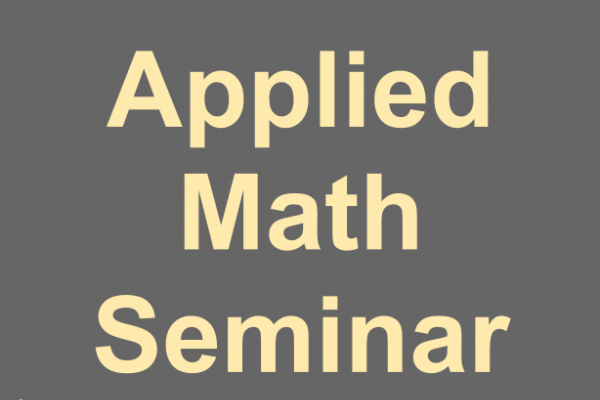
Title: Smart strategies based on population control models with bi-stable dynamics
Speaker: Roumen Anguelov (University of Pretoria, South Africa)
Abstract: The modelling work and quantitative analysis presented in the talk are motivated by the need to control the invasion of cossid moth (native species) into eucalyptus (not native species) forestry plantations in South Africa. It considers the mating disruption and mass male annihilation technique for insect control. This technique became feasible due to the discovery by a research group in our Chemistry Department of synthetic pheromone for cossid moth.
In more general terms, we discuss a mathematical model of species specific control comprising a system of reaction diffusion equations. Rigorous mathematical results were obtained using an upper approximation by a cooperative dynamical system. This type of systems admits travelling wave solution. Indeed, without control we observe an invading wave. Using high level of control over the whole domain of economical or ecological interest is not always economically viable. We show that by using high level of control over a small area at the invading front and low level of control over the remaining domain, a “push-back” wave can be created. Further, the bio-agressor can be maintained at low density of practically no negative economic impact, by using a “corridor” of high control at the boundary of the area of interest and low level of control over the remaining area. The model is derived for control of a specific bio-aggressor and a specific method of control. However, populations with bi-stable temporal dynamics naturally occur in ecological systems in general and specifically in models of population control. Hence, many of the results can be easily extended to other settings, e.g. sterile insect technique for insect control (fruit flies, mosquito).
